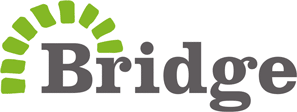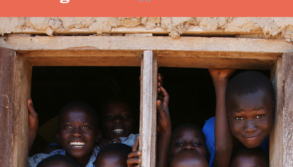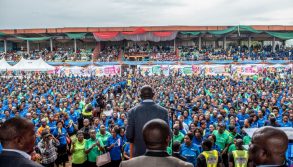Learning in Lagos
17 October 2018
The new Department for International Development (DFID) report Learning in Lagos: Comparing Student Achievement in Bridge, Public and Private Schools” is a strong endorsement of the work done under the DEEPEN programme in Nigeria to increase learning for children living in poverty, and in particular of DFID’s commitment to an innovative private sector role in improving service and opportunity for these families. This report builds on the preponderance of evidence demonstrating that the methods used and support provided by Bridge to teachers and students leads to higher learning than the alternative.
However, outside the now familiar findings of learning gains at Bridge, this DFID study has an additional, critical finding. At Bridge schools, and only at the Bridge schools, parents’ income and education was not correlated to children’s learning outcomes. This is a landmark finding – demonstrating that children from even the poorest families attain the same learning as those that are better off if the child attends Bridge. This is what we should always find at every school – that the school itself is ensuring that each child, regardless of family background, can achieve their full potential; that when children are in school they are learning; and those in most need are not left behind.
The DFID findings contradict decades of global education research trends that demonstrate family background matters more than the school a child attends, in relation to levels of learning. The finding of equity in learning at Bridge is groundbreaking.
Some years ago the UK Department for International Development contracted Bridge – as part of the DEEPEN programme – to open new low-fee community schools in Lagos to help address the shortage of quality education provision in the area for low income families. The DFID report, written by Oxford Policy Management and the University of Sussex, was commissioned to test if the service provided under the contract achieved the stated goal of increased learning for children.
The answer is a very clear yes.
Not only has Bridge made a significant contribution to the overall mix of quality education provision in the State, we have also delivered higher attainment equally for all children. This is true even where the comparison schools were twice as expensive as Bridge. While socio-economic background was correlated to learning for children in other private schools and public schools, children in our schools all performed well regardless of family socio-economic background.
This groundbreaking revelation is being celebrated by Bridge and especially by our VP of Measurement and Evaluation Dr Steven Cantrell – formerly head of evaluation and research at the Gates Foundation – who said: “At Bridge, equity doesn’t come at the expense of performance. Bridge student performance is strong, whether the student’s family is among the poorest or least educated, no matter which language is spoken at home. In fact, Bridge students from the poorest and least educated families performed just as well as private school students from less poor and better educated families.”
The report also says that in literacy students at Bridge schools perform better than pupils at other private schools (by 0.35 standard deviations) and public schools (by 1.38 standard deviations). These are statistically significant differences that cannot be linked to the result of selection on observable or unobservable characteristics.
Bridge’s Country Head in Nigeria, Olu Babalola believes the answer lies in teacher training: “Our pupils excel because our teacher training is so strong. Bridge teachers pay attention to struggling kids and not just those kids doing well.”
Other key highlights from the DFID report include:
- The majority of children in Bridge schools are from poor families;
- Bridge teachers have the best relationships with their pupils; and,
- Bridge community schools are managed more effectively.
Oxford Policy Management consultant and, one of the report authors, Alina Lipcan highlighted: “This is the first time we have measured school management in Nigeria.” She said that, “good management matters and in Lagos public schools and Bridge schools, we find a strong correlation with better learning outcomes.”
The report is further good news for the positive role of the private sector in helping to realise SDG4 and supports policy frameworks published by both DFID and USAID over the last year. The UK Secretary of State for International Development, Penny Mordaunt, recently said, “We have tackled the dogma and culture that still exists in some parts of the aid sector, which not only sees organisations failing to put the beneficiaries first but also preventing the private sector from helping deliver those global goals.”
The new findings from DFID will only add to the evidence that it’s possible to make schools equal playing fields and ensure that no child is left behind.









